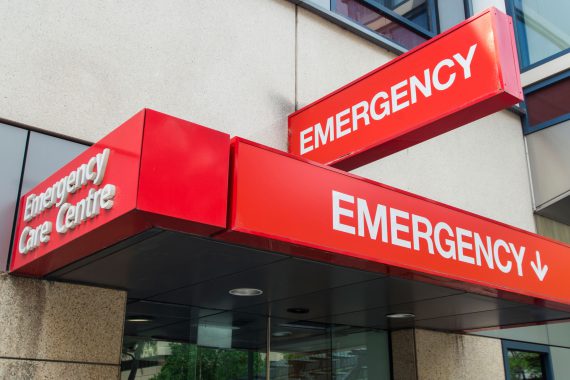More after-school GP appointments ‘would cut unnecessary A&E visits’

Getting practices in urban areas to offer more appointments in the early evening could help cut unnecessary A&E visits from children more than seven-day access, a team of GP academics has concluded.
Their study – due to be published in the journal Pediatrics – found children whose GPs were easiest to get appointments with were 9% less likely to visit A&E than those registered at the 5% of practices with the ‘worst’ access.
The researchers suggested that even making a slight improvement in access at these disadvantaged practices – especially during the after-school period between 5pm and 7pm when A&E visits peaked – could help reduce A&E visits significantly.
And the team said funding more after-school GP appointments would make more sense than the Government’s ‘blanket’ approach to extending GP practice hours.
Lead author Dr Sonia Saxena, a public health researcher at Imperial College London and a GP in West London, said: ‘Our results suggest that additional resources to provide GP appointments for children when they need it – for instance after school rather than at weekends – may be a better investment for the NHS than blanket proposals to increase access hours.’
However, the GPC said that the study showed how parents living close to a hospital with an A&E department tend to make use of it more, and that the Government should be investing in out-of-hours services instead of extending GP appointment hours.
Dr Richard Vautrey, deputy chair of the GPC, told said: ‘It’s likely that this is one of the main reasons to explain the study findings, with parents and guardians of children living in urban areas close to A&E using that as their default health service simply because it is close by.
He added: ‘What is really needed is much greater help for patients with urgent needs to be able to access their local GP out-of-hours services rather than going to A&E.
‘That means reducing the fragmentation and complexity of services in an evening and weekend and investing properly in GP out-of-hours services so they can increase their capacity.
‘Currently many GP out-of-hours services receive only half the funding that PM Challenge Fund sites receive and if the former were funded properly then we’d be able to address problems such as are highlighted by this study far more easily.’
Pediatrics 2016; 137(2) – February issue
Pulse July survey
Take our July 2025 survey to potentially win £1.000 worth of tokens











